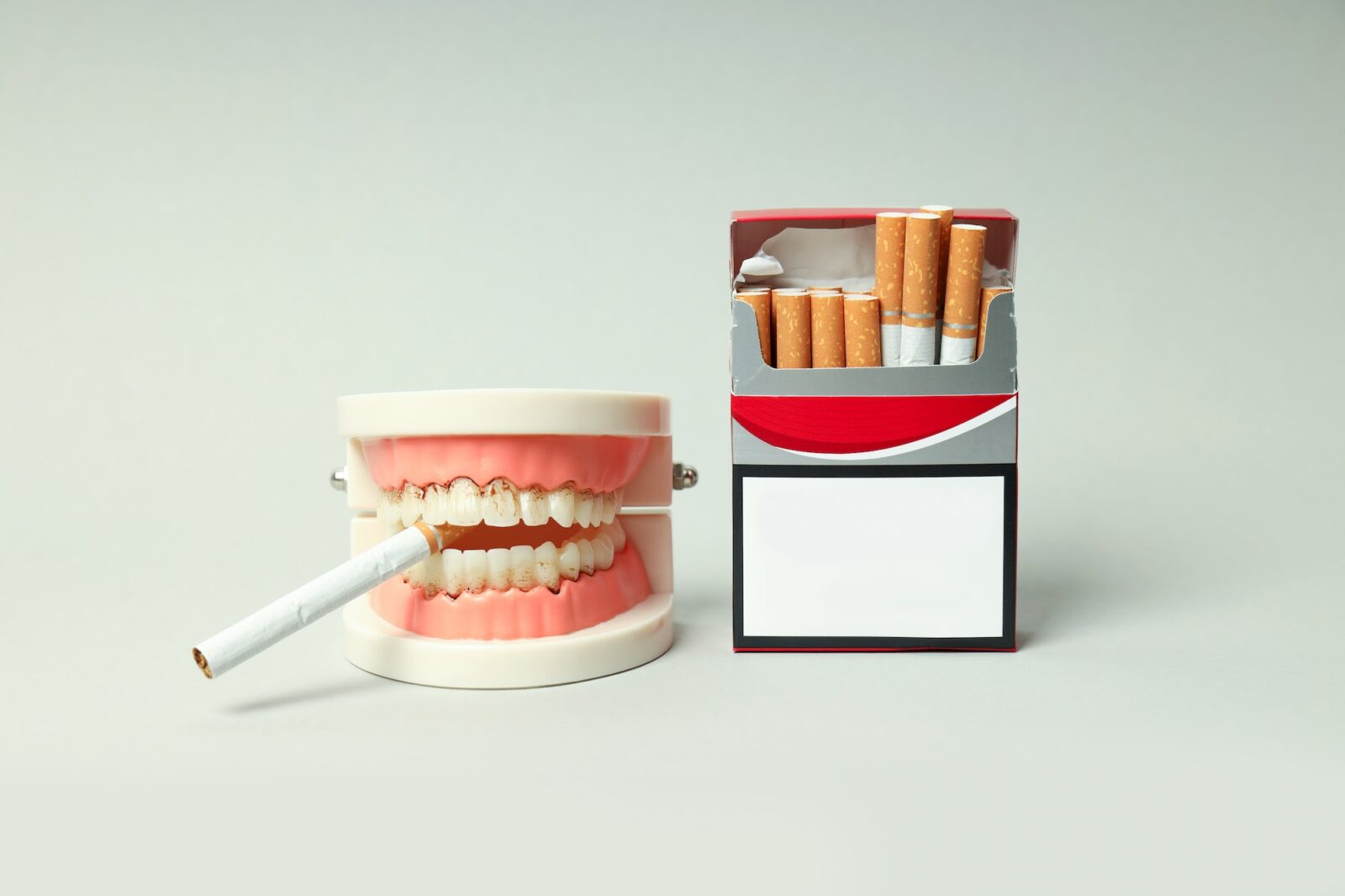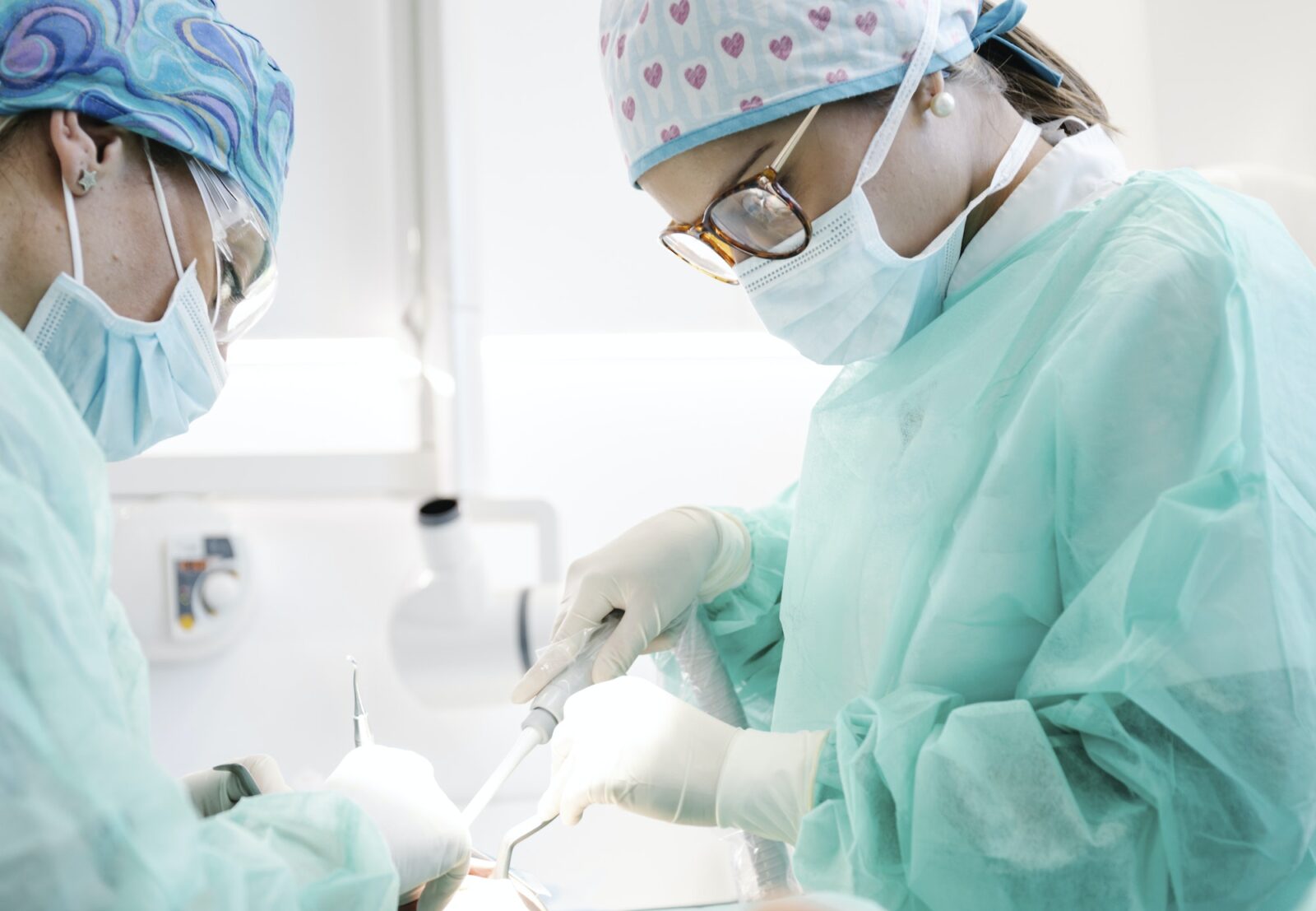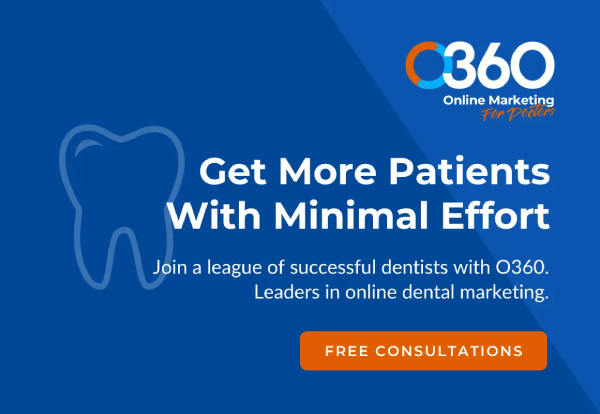Oral cancer is a serious health concern that can have a profound impact on a person’s life. It is a type of cancer that affects the tissues of the mouth, including the lips, tongue, gums, and throat. In order to prevent oral cancer and receive the proper treatment, it is important to understand its symptoms and causes, as well as the steps that can be taken to reduce the risk of developing this condition.
Symptoms of Oral Cancer
The symptoms of oral cancer can vary depending on the location and stage of the cancer, but some common signs include:
- Sores: A persistent sore in the mouth that does not heal within two weeks should be evaluated by a doctor.
- Pain: Pain or discomfort in the mouth, jaw, or tongue may be a sign of oral cancer.
- Swollen or Numb Lips: Swelling or numbness in the lips can also be a sign of oral cancer.
- Red or White Patches: Red or white patches in the mouth can indicate the presence of precancerous or cancerous cells.
- Difficulty Swallowing: Difficulty swallowing or feeling like food is getting stuck in the throat can also be a symptom of oral cancer.
- Hoarseness or Change in Voice: A change in the voice or hoarseness may also be a sign of oral cancer.
It is important to note that these symptoms can be caused by other factors, such as infection or injury. However, if any of these symptoms persist or worsen, it is important to see a doctor for a proper evaluation.
Causes of Oral Cancer

Oral cancer is caused by the abnormal growth of cells in the mouth, which can be triggered by a number of factors, including:
- Tobacco Use: The use of tobacco products, such as cigarettes and smokeless tobacco, is the leading cause of oral cancer.
- Alcohol Use: Excessive alcohol consumption can also increase the risk of developing oral cancer.
- Human Papillomavirus (HPV): Certain strains of the HPV virus have been linked to an increased risk of oral cancer.
- Sun Exposure: Excessive sun exposure can increase the risk of lip cancer.
- Poor Diet: A diet that is low in fruits and vegetables and high in processed and fatty foods can increase the risk of oral cancer.
Prevention of Oral Cancer
There are a number of steps that can be taken to reduce the risk of developing oral cancer, including:
- Quit Tobacco Use: Quitting the use of tobacco products is the most effective way to reduce the risk of oral cancer.
- Limit Alcohol Consumption: Limiting the amount of alcohol consumed can also help reduce the risk of oral cancer.
- Practice Safe Sex: Practicing safe sex and getting vaccinated against the HPV virus can help reduce the risk of oral cancer caused by the virus.
- Protect Lips from Sun Exposure: Wearing a lip balm with SPF protection and limiting sun exposure can help reduce the risk of lip cancer.
- Eat a Healthy Diet: A diet that is rich in fruits, vegetables, and whole grains can help reduce the risk of oral cancer.
Treatment of Oral Cancer

Treatment for oral cancer will vary depending on the stage and location of cancer. Some of the most common treatments include:
- Surgery: Surgery is often used to remove cancerous tissue. The type of surgery will depend on the location and size of the cancer.
- Radiation therapy: Radiation therapy uses high-energy beams to kill cancer cells.
- Chemotherapy: Chemotherapy is a drug treatment that uses chemicals to kill cancer cells.
- Targeted therapy: Targeted therapy uses drugs that target specific proteins in cancer cells.
In some cases, a combination of these treatments may be used. Your doctor will work with you to determine the best treatment plan for your individual needs.
Conclusion
Oral cancer is a serious condition that can have serious consequences if left untreated. By understanding its symptoms, causes, and treatments, you can take action to prevent it or receive proper treatment if you are diagnosed. If you experience any symptoms of oral cancer, it is important to see a doctor as soon as possible to receive a proper diagnosis and treatment. By taking steps to reduce your risk of developing oral cancer and receiving proper treatment if diagnosed, you can improve your chances of a positive outcome.
Remember to schedule regular dental check-ups, as early detection is key in the treatment of oral cancer. Your dentist will be able to perform a thorough examination of your mouth and detect any signs of cancer in its early stages. In addition, make sure to practice good oral hygiene, such as brushing and flossing regularly, to maintain the health of your mouth and reduce your risk of oral cancer.
In conclusion, oral cancer is a serious condition, but by understanding its symptoms, causes, and treatments, you can take action to prevent it or receive proper treatment if diagnosed. Make sure to schedule regular dental check-ups, practice good oral hygiene, and take steps to reduce your risk of developing oral cancer. With proper treatment and care, you can improve your chances of a positive outcome.




